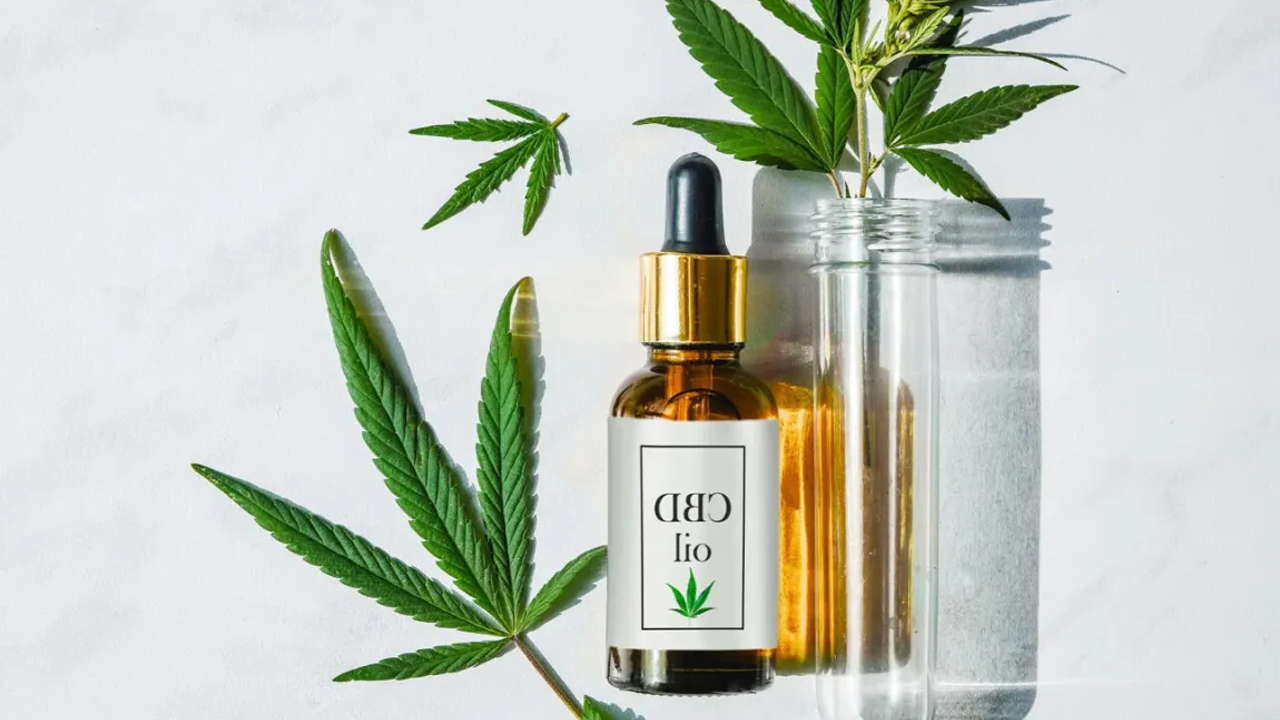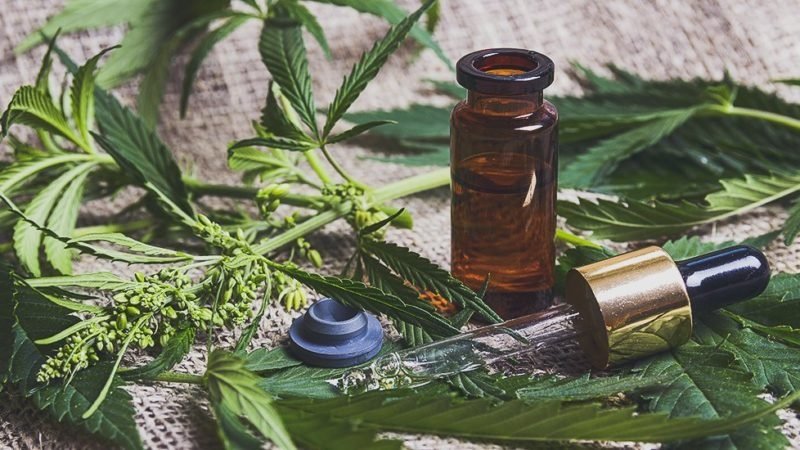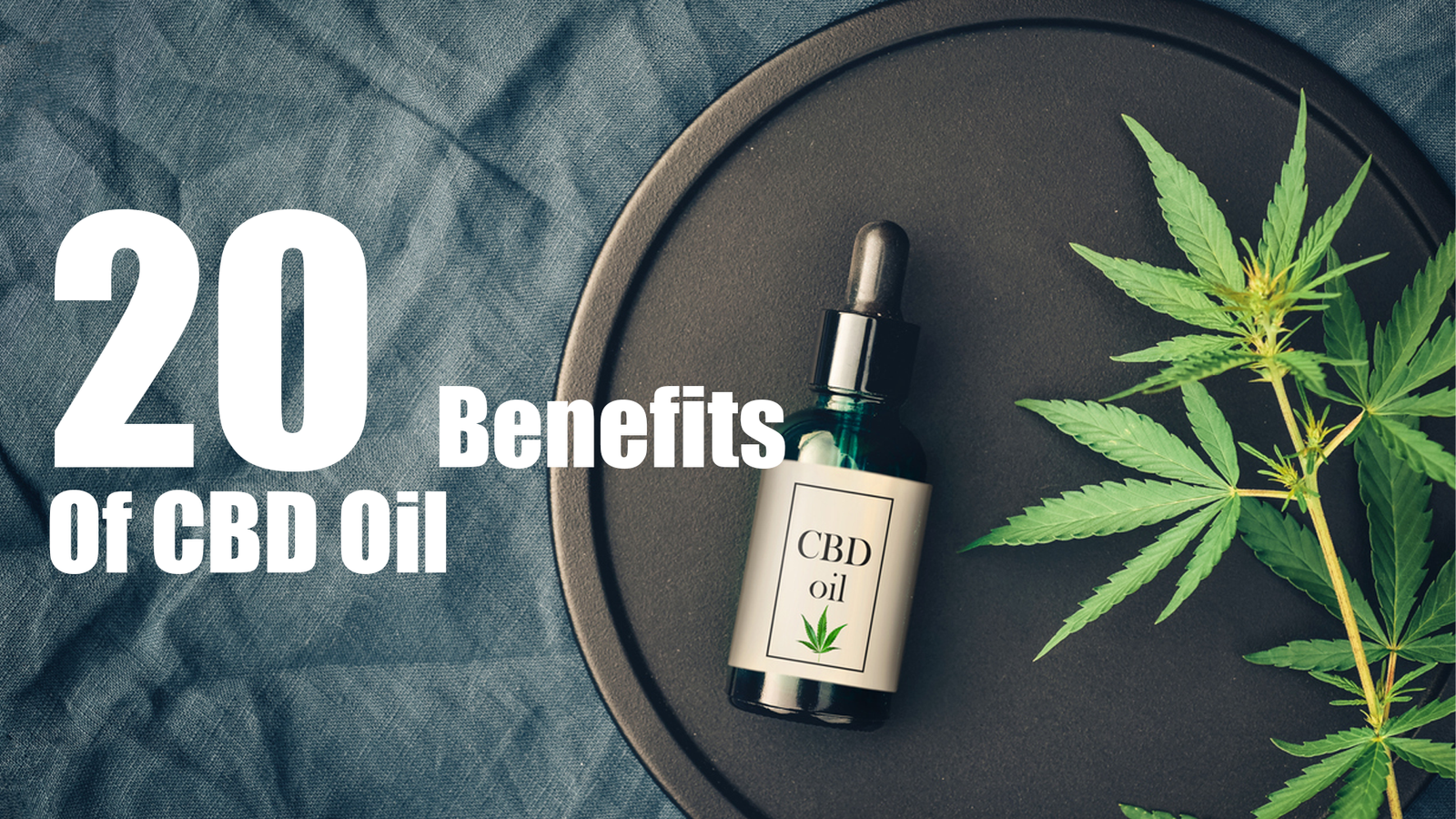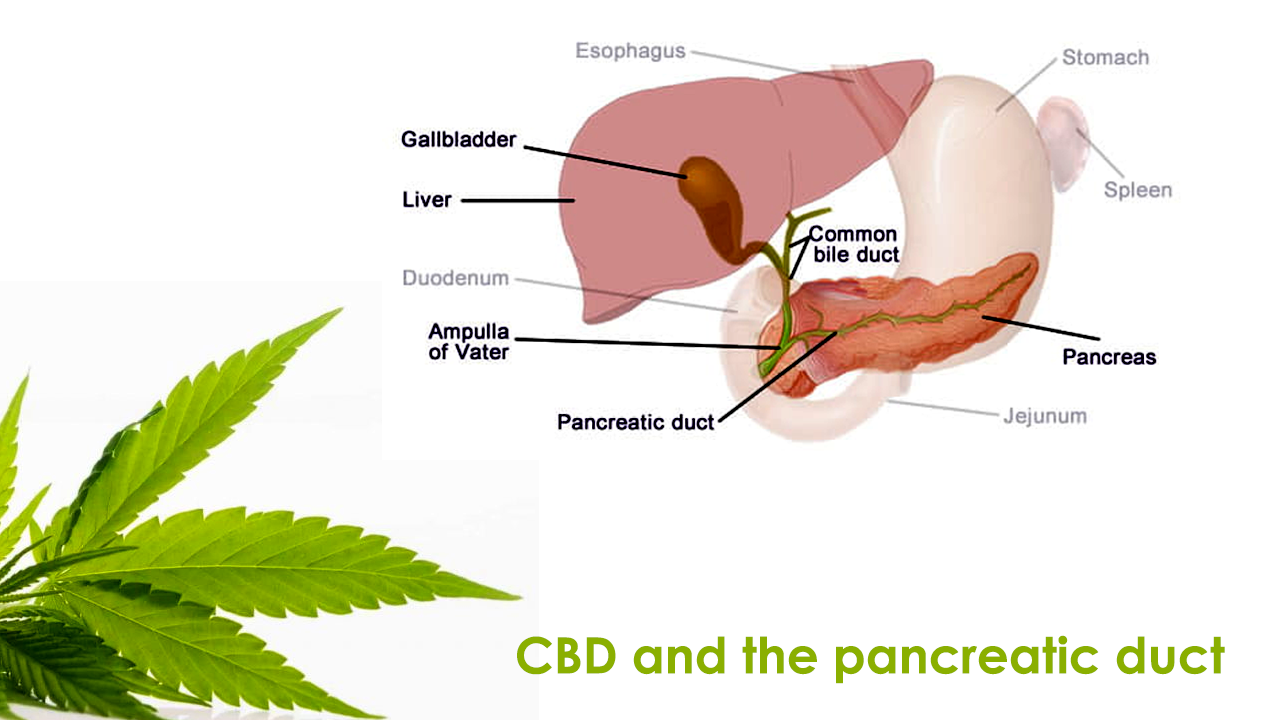CBD Oil vs CBD Tinctures: What’s the Difference Latest 2023

Hey there! Are you a bit lost when it comes to choosing between CBD oil and CBD tinctures? You’re not alone. The shelves at health stores are chock-full of these products, but how do you know which one’s right for you? Think of it like choosing between coffee and espresso; they’re similar but have distinct differences that could make or break your day. In this article, we’ll get into the nitty-gritty to help you understand what sets them apart.
Explore the Contents
- 1 What is CBD?
- 2 What is CBD Oil?
- 3 What is CBD Tincture?
- 4 The Extraction Process
- 5 Ingredients
- 6 Taste and Flavor
- 7 How to Use
- 8 Potency and Dosage
- 9 Shelf Life
- 10 Price Points
- 11 Legal Aspects
- 12 Uses and Applications
- 13 Common Misconceptions
- 14 How to Choose
- 15 Conclusion : CBD Oil vs CBD Tinctures
- 16 FAQs : CBD Oil vs CBD Tinctures
What is CBD?
CBD stands for cannabidiol, which is a natural compound found in cannabis plants. Unlike THC (tetrahydrocannabinol), another compound in cannabis, CBD doesn’t produce a “high” or psychoactive effects. It has gained widespread popularity for its potential health benefits, which may include stress reduction, pain relief, and improved sleep. CBD is commonly found in various forms such as oils, tinctures, creams, and edibles. It’s widely used for both medicinal and therapeutic purposes.
What is CBD Oil?
BD oil is a product made by combining CBD extract with a carrier oil like hemp seed oil or coconut oil. This mixture allows for easy consumption and absorption into the body. The oil can be taken sublingually (under the tongue), added to foods or beverages, or applied topically. CBD oil is popular for its potential health benefits, such as relieving pain, reducing stress, and improving sleep. It’s one of the most straightforward and commonly used forms of CBD available on the market.

What is CBD Tincture?
CBD tincture is a liquid extract that usually combines CBD with a base like alcohol or vegetable glycerin. Often, tinctures also include additional ingredients like flavors or essential oils to enhance taste and potential health benefits. Tinctures can be consumed in a variety of ways, such as sublingually (under the tongue), or added to food and beverages. Due to their versatility and often pleasant taste, CBD tinctures are a popular choice for those looking to experience the potential therapeutic effects of CBD.
The Extraction Process
The extraction process is the method used to isolate CBD from the cannabis plant to create products like oils and tinctures. One common technique is CO2 extraction, which utilizes carbon dioxide under high pressure and low temperatures to preserve and capture CBD. Another method is ethanol extraction, where the plant is soaked in alcohol to draw out the CBD. These methods aim to yield a high concentration of CBD while eliminating unwanted substances like THC. The quality of the final product can be influenced by the type of extraction process used, making it a crucial step in the production of CBD products.
Ingredients
CBD Oil
- CBD Extract: This is the concentrated form of cannabidiol, extracted from the hemp or cannabis plant. It’s the active ingredient that provides the potential health benefits you’re looking for, like stress relief or pain management.
- Carrier Oil: The CBD extract is often too potent to be used directly, so it’s diluted with a carrier oil. Common carrier oils include hemp seed oil, coconut oil, or olive oil. The carrier oil serves as a vehicle, making it easier for the body to absorb the CBD.
These two ingredients combine to create a simple yet effective formula, often favored for its purity and directness.
CBD Tincture
In CBD tinctures, the ingredients list is usually a bit more extensive compared to CBD oil. Here’s what you can commonly find in a CBD tincture:
- CBD Extract: Just like in CBD oil, the CBD extract is the star of the show. It’s the active compound that provides the potential health benefits, such as reducing anxiety or alleviating pain.
- Alcohol or Glycerin Base: Tinctures use either an alcohol or a vegetable glycerin base to help preserve and distribute the CBD. Alcohol can make the tincture more potent, while glycerin is a milder option.
- Flavors or Essential Oils: One of the unique features of CBD tinctures is the addition of flavors or essential oils. These can range from simple fruit flavors to complex herbal blends. Not only do they make the tincture more palatable, but certain essential oils may offer additional health benefits.
These ingredients make CBD tinctures a versatile and often more palatable choice for consumers, offering a nuanced approach to CBD consumption.
Taste and Flavor
The taste and flavor of CBD products like oils and tinctures can be quite different, and this often influences consumer preferences.
CBD Oil: The taste of CBD oil is often described as “earthy” or “grassy,” mirroring its natural origins. Some people love this authentic, unfiltered flavor, while others find it a bit too strong. In general, it has a more straightforward taste, largely influenced by the carrier oil used.
CBD Tinctures: Because tinctures often include additional flavorings or essential oils, they can come in a variety of flavors, from mint to berry to vanilla. This makes tinctures more palatable and versatile for mixing into foods and beverages.
The taste and flavor can be a significant factor when choosing between CBD oil and tinctures, especially for those who are particular about how their CBD product tastes.
How to Use

You can use both CBD oil and tinctures sublingually (under the tongue), but tinctures are more versatile. You can mix them into foods or drinks, unlike CBD oil, which is best consumed as it is.
The way you use CBD oil and tinctures can differ, and understanding these methods can help you get the most out of your CBD experience.
CBD Oil: One of the most common ways to use CBD oil is sublingually, meaning you place a few drops under your tongue and hold it there for about 60 seconds before swallowing. This allows the CBD to absorb directly into your bloodstream. You can also mix CBD oil into foods or drinks, although this might reduce its effectiveness compared to sublingual use.
CBD Tinctures: Like CBD oil, tinctures can also be used sublingually for fast absorption. However, tinctures are generally more versatile. Due to their alcohol or glycerin base and added flavors, they can easily be mixed into beverages, smoothies, or even salad dressings without affecting the taste as much as CBD oil would.
Choosing how to use your CBD product depends on your personal preferences and the kind of experience you’re looking for. Both methods are straightforward, but tinctures offer a bit more flexibility in terms of use

Potency and Dosage
Generally, CBD oil is more concentrated and potent. Like a shot of espresso, it delivers a strong punch. CBD tinctures are often less potent, similar to a cup of regular coffee.
Potency and dosage are crucial factors to consider when choosing between CBD oil and tinctures. Here’s a quick rundown:
CBD Oil: Generally, CBD oil tends to be more potent because it contains a higher concentration of CBD, with fewer additional ingredients. The potency is usually labeled on the bottle in milligrams (mg), which makes it relatively easy to measure out a precise dose.
CBD Tinctures: These are often less potent compared to CBD oil, due to the inclusion of additional ingredients like flavors or essential oils. The presence of alcohol or glycerin may also dilute the CBD content slightly. As a result, you might need to use more of the tincture to achieve the same effects as a smaller dose of CBD oil.
When it comes to dosage, it’s always a good idea to start with a lower amount and gradually increase until you find what works best for you. Keep in mind that factors like your body weight, metabolism, and the reason you’re using CBD can all influence the optimal dosage.
Understanding potency and dosage can help you choose a product that aligns with your health needs and preferences.
Shelf Life
CBD oil has a shorter shelf life than tinctures. Why? It has fewer preservatives. So if you’re the type of person who forgets about that bottle in the back of your cabinet, maybe opt for a tincture.
Price Points
The price of CBD products can vary based on several factors, such as potency, brand, and additional ingredients. Here’s a quick breakdown for CBD oil and tinctures:
CBD Oil: Generally speaking, CBD oil can be less expensive than tinctures, primarily because it often has fewer ingredients and undergoes a less complex production process. However, high-quality or high-potency CBD oils can still be pricey.
CBD Tinctures: These usually come at a higher price point, due to the additional ingredients like flavors or essential oils, as well as the extraction methods that might be more intricate. Tinctures offer a more complex formula, which some consumers prefer, but this can come at a cost.
It’s essential to consider what you’re paying for, not just the CBD but also the other ingredients and the production methods. As with most things, you often get what you pay for, so it might be worth investing in a product that suits your needs best.
Legal Aspects
CBD products derived from hemp (with less than 0.3% THC) are legal in most places. However, make sure to check local laws, especially when traveling.
Uses and Applications
Both CBD oil and tinctures are used for similar health benefits, such as stress relief, pain management, and improved sleep. It’s your call whether you want the “tea” or the “cocktail.”
Common Misconceptions
Many people think CBD oil and tinctures are the same. Now you know they aren’t. Another misconception is that they’ll make you high. Nope, that’s THC!
How to Choose
Consider factors like taste, shelf life, and potency. It’s like choosing between a sports car and an SUV; both have their advantages, depending on your needs.
Conclusion : CBD Oil vs CBD Tinctures
Choosing between CBD oil and CBD tinctures doesn’t have to be confusing. Whether you’re a tea person or a cocktail enthusiast, there’s a CBD product that fits your lifestyle.
Read More: How to Infuse Your Coffee Beans with CBD in 5 Easy Steps
FAQs : CBD Oil vs CBD Tinctures
What’s the main difference between CBD Oil and CBD Tinctures?
CBD oil is generally just CBD and a carrier oil, while tinctures include additional elements like alcohol and flavorings.
Do CBD Oil and CBD Tinctures have the same health benefits?
Yes, they are used for similar purposes like stress relief and pain management.
Can CBD Oil or Tinctures make me high?
No, they contain minimal to no THC, the psychoactive element in cannabis.
Is it legal to buy CBD Oil and Tinctures?
In most places, yes, as long as they are hemp-derived and contain less than 0.3% THC.
Which lasts longer, CBD Oil or Tinctures?
Tinctures generally have a longer shelf life due to added preservatives.





